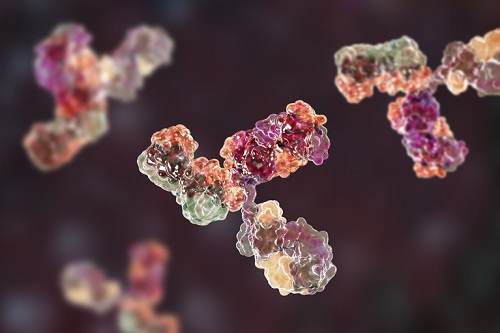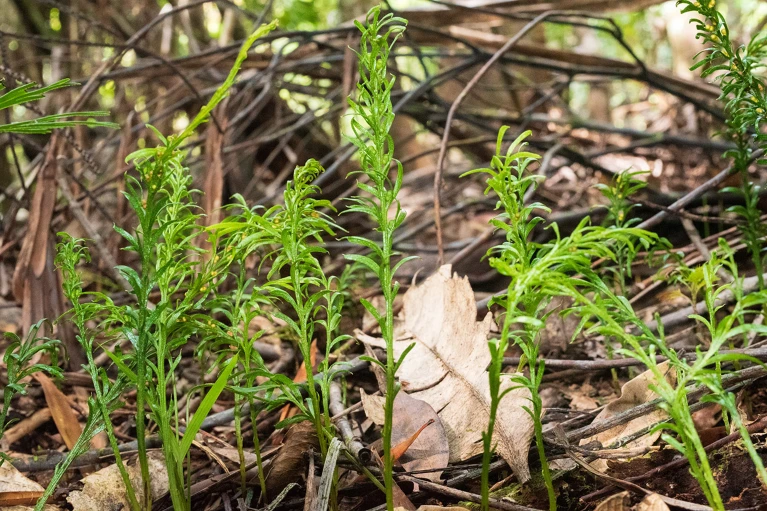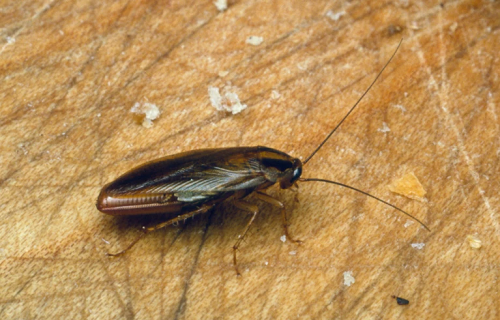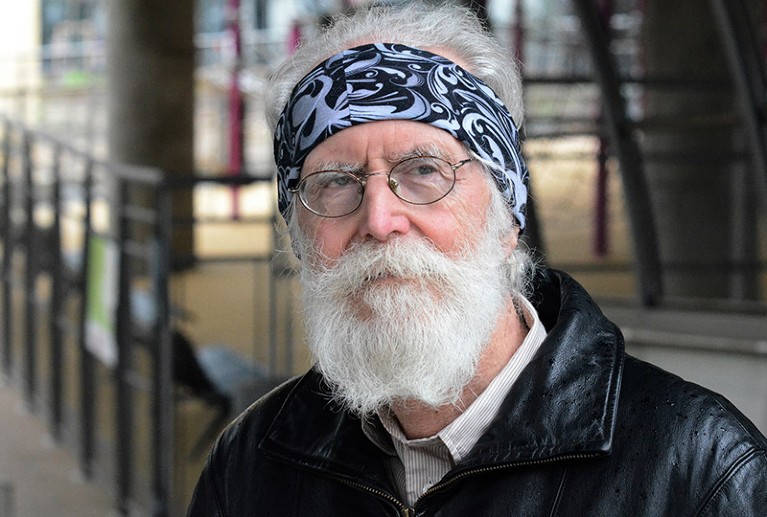Nature News
-

What causes long COVID? Case builds for rogue antibodies
Study finds that antibodies from people with the debilitating condition trigger similar symptoms in mice.
-

Biggest genome ever found belongs to this odd little plant
The gigantic genome of a type of fork fern smashes the human one in terms of size.
-

The origin of the cockroach: how a notorious pest conquered the world
Genomic analysis suggests the common kitchen vermin spread from Europe to the world. But it wasn’t originally found in Europe.
-

Hacking the immune system could slow ageing — here’s how
Our immune system falters over time, which could explain the negative effects of ageing.
-

Lethal AI weapons are here: how can we control them?
Autonomous weapons guided by artificial intelligence are already in use. Researchers, legal experts and ethicists are struggling with what should be allowed on the battlefield.
-

This fMRI technique promised to transform brain research — why can no one replicate it?
The DIANA technique sparked excitement from neuroscientists. But two new papers have cast doubt over the results.
-

Mathematician who tamed randomness wins Abel Prize
Michel Talagrand laid mathematical groundwork that has allowed others to tackle problems involving random processes.
-

Geologists reject the Anthropocene as Earth’s new epoch — after 15 years of debate
But some are now challenging the vote, saying there were “procedural irregularities”.
-

Supernova mystery solved: JWST reveals the fate of an iconic stellar explosion
Decades-long quest ends as the landmark observatory detects signs of the 1987 blast’s central neutron star.
